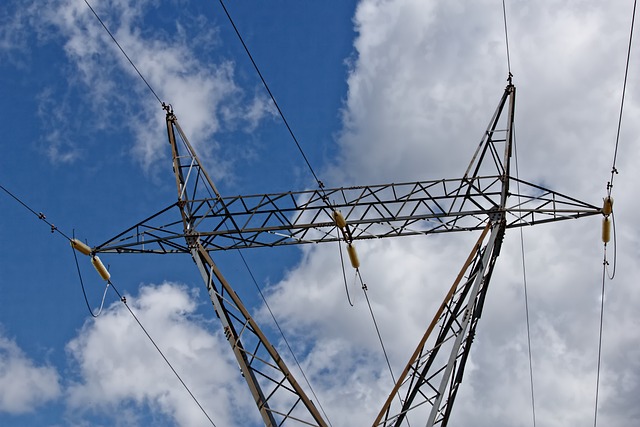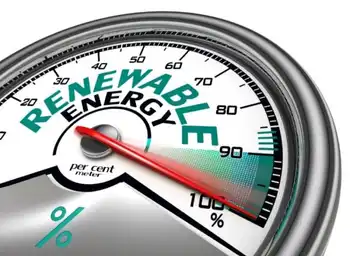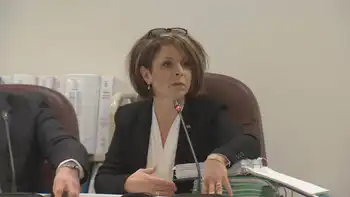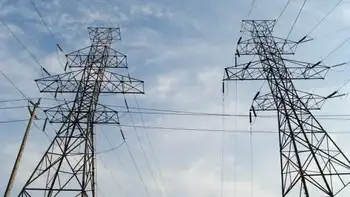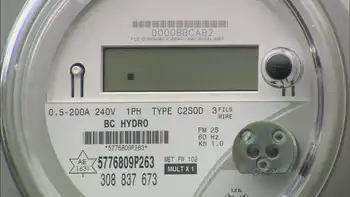Ukraine fights to keep the lights on as Russia hammers power plants
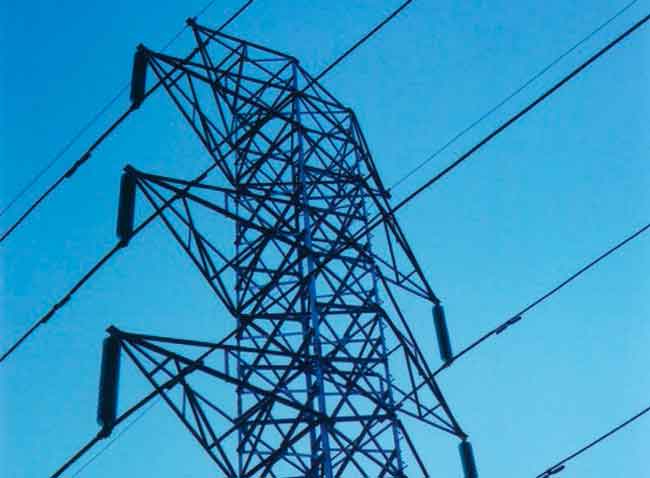
CSA Z462 Arc Flash Training - Electrical Safety Essentials
Our customized live online or in‑person group training can be delivered to your staff at your location.

- Live Online
- 6 hours Instructor-led
- Group Training Available
Ukraine Power Grid Attacks disrupt critical infrastructure as missiles and drones strike power plants, substations, and lines, causing blackouts. Emergency repairs, international aid, generators, and renewables bolster resilience and keep hospitals and water running.
Key Points
Russian strikes on Ukraine's power infrastructure cause blackouts; repairs and aid sustain hospitals and water.
✅ Missile and drone strikes target plants, substations, and lines.
✅ Crews restore power under fire; air defenses protect sites.
✅ Allies supply equipment, generators, and grid repair expertise.
Ukraine is facing an ongoing battle to maintain its electrical grid in the wake of relentless Russian attacks targeting power plants and energy infrastructure. These attacks, which have intensified in the last year, are part of Russia's broader strategy to weaken Ukraine's ability to function amid the ongoing war. Power plants, substations, and energy lines have become prime targets, with Russian forces using missiles and drones to destroy critical infrastructure, as western Ukraine power outages have shown, leaving millions of Ukrainians without electricity and heating during harsh winters.
The Ukrainian government and energy companies are working tirelessly to repair the damage and prevent total blackouts, while also trying to ensure that civilians have access to vital services like hospitals and water supplies. Ukraine has received support from international allies in the form of technical assistance and equipment to help strengthen its power grid, and electricity reserve updates suggest outages can be avoided if no new strikes occur. However, the ongoing nature of the attacks and the complexity of repairing such extensive damage make the situation extraordinarily difficult.
Despite these challenges, Ukraine's resilience is evident, even as winter pressures on the battlefront intensify operations. Energy workers are often working under dangerous conditions, risking their lives to restore power and prevent further devastation. The Ukrainian government has prioritized the protection of energy infrastructure, with military forces being deployed to safeguard workers and critical assets.
Meanwhile, the international community continues to support Ukraine through financial and technical aid, though some U.S. support programs have ended recently, as well as providing temporary power solutions, like generators, to keep essential services running. Some countries have even sent specialized equipment to help repair damaged power lines and energy plants more quickly.
The humanitarian consequences of these attacks are severe, as access to electricity means more than just light—it's crucial for heating, cooking, and powering medical equipment. With winter temperatures often dropping below freezing, plans to keep the lights on are vital to protect vulnerable communities, and the lack of reliable energy has put many lives at risk.
In response to the ongoing crisis, Ukraine has also focused on enhancing its energy independence, seeking alternatives to Russian-supplied energy. This includes exploring renewable energy sources, such as solar and wind power, and new energy solutions adopted by communities to overcome winter blackouts, which could help reduce reliance on traditional energy grids and provide more resilient options in the future.
The battle for energy infrastructure in Ukraine illustrates the broader struggle of the country to maintain its sovereignty and independence in the face of external aggression. The destruction of power plants is not only a military tactic but also a psychological one—meant to instill fear and disrupt daily life. However, the unwavering spirit of the Ukrainian people, alongside international support, including Ukraine's aid to Spain during blackouts as one example, continues to ensure that the fight to "keep the lights on" is far from over.
As Ukraine works tirelessly to repair its energy grid, it also faces the challenge of preparing for the long-term impact of these attacks. The ongoing war has highlighted the importance of securing energy infrastructure in modern conflicts, and the world is watching as Ukraine's resilience in this area could serve as a model for other nations facing similar threats.
Ukraine’s energy struggle is far from over, but its determination to keep the lights on remains a beacon of hope and defiance in the face of ongoing adversity.





